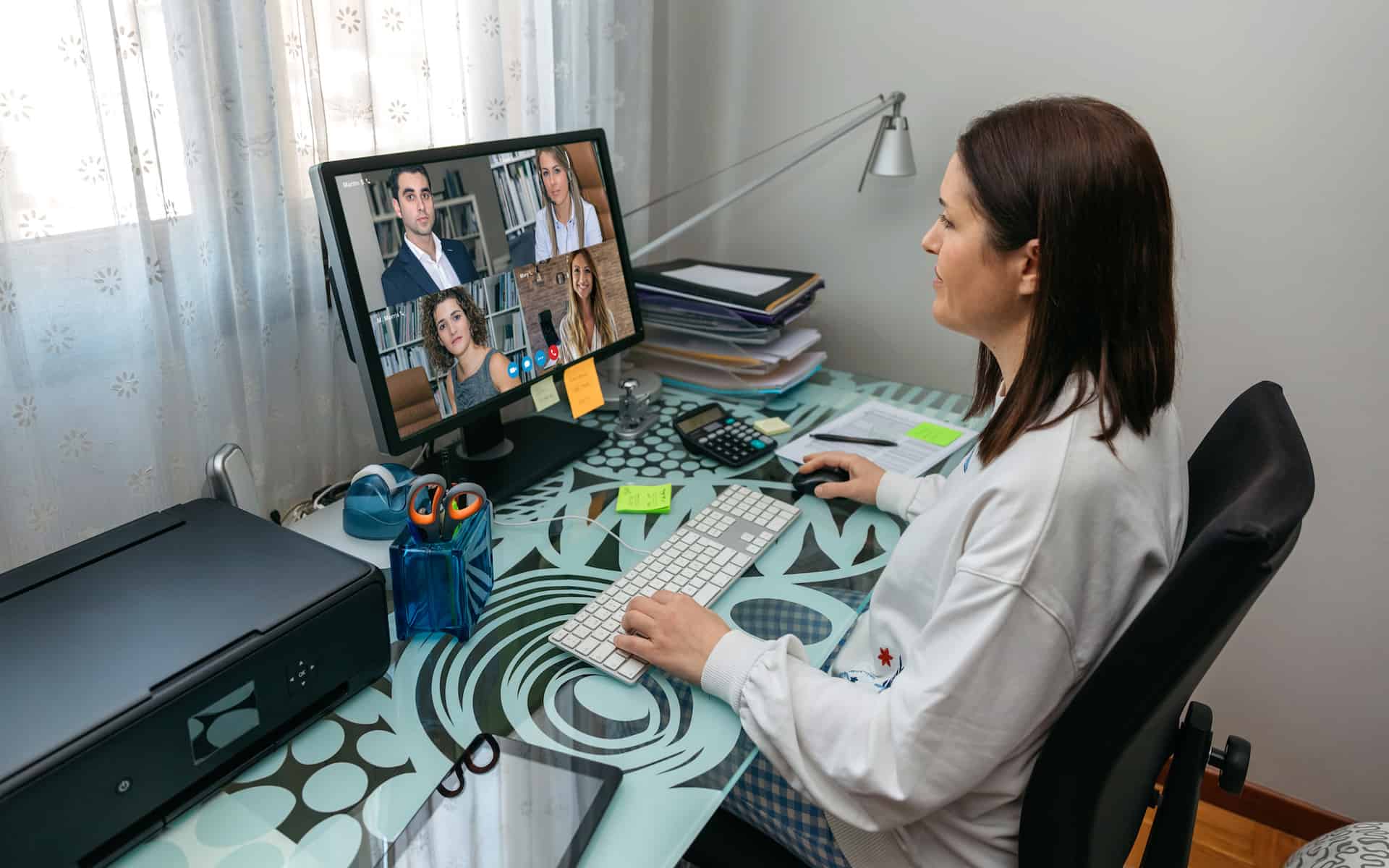Over the last few months, working from home has become the norm due to Covid-19. Many businesses are now looking at their working practices and implementing the technology to make this a more permanent shift.
It’s a really topical subject at the moment so let’s look at the facts.
Employees
An employer can make a tax-free payment to their staff for additional household expenses incurred in carrying out their duties while working at home. Two tests must be met;
- there must be arrangements between the employer and the employee; and
- the employee must work at home regularly under those arrangements.
The key word here is “additional” household expenses. It covers increased costs for business telephone calls, additional light and heat, increased premium on home insurance etc. Specifically excluded are costs that would be incurred whether or not you work from home such telephone line rental, internet packages, mortgage interest, rent and council tax.
It’s not always easy to calculate such costs so a flat rate can be used instead. The current rate for 2020/21 is £6 per week or £26 a month.
The employer can also provide assets to an employee working from home such as a desk or office equipment. Any private use must be insignificant to avoid a tax charge.
In the current climate, with employers struggling to pay furloughed employees, making additional payments to their staff may not a welcome option but the employee can claim tax relief for the expenses they have incurred instead.
On the same basis, the claim is for “additional” household expenses or the flat rate of £6 per week or £26 a month. Office equipment can also be claimed.
The rules for claiming are slightly stricter here though in that the duties performed at home must be substantive and that there are no facilities to perform these duties at the employer’s premises. Covid-19 has enforced this requirement.
Self-Employed
The rules for claiming homeworking costs for the self-employed are far more lenient and will be covered in a later blog.
Charging Rent to Your Limited Company
When you run your own business, a very tax-efficient strategy is to charge your Limited Company a rent for the costs of working from home.
From a personal tax perspective you will be receiving rental income but as long as costs are equal to income then there will be no taxable profit and so no tax to pay.
Check with local market rents for similar office space and usage to ensure that you are not overcharging.
I would always recommend drawing up a licence agreement for non-exclusive use between yourself and the Company.
Building an Outside Office or Converting Your Own Home
Garden offices and converting part of your home into an office is becoming a popular trend.
This type of expenditure will generally be treated as capital expenditure and thus not deductible for corporation or income tax purposes regardless of who incurs it.
However, any modification or conversion might include some expenditure which can be treated as repairs and renewals. For example, redecorating, replacement of old floors or windows, or floor coverings.
If your company pays for any conversion costs in your home, strictly speaking these are your personal liability. HM Revenue are likely to regard these as earnings which are subject to both income tax and national insurance and potentially reportable on form P11D. The charge arises in the year in which your company incurs the cost.
If your company pays for the construction costs of a home office in your garden which is available for private use there will be a taxable benefit. This is based on the construction cost less any amounts paid personally by the director. The tax and national insurance liability arises in the year of construction.
If you have any questions regarding working from home please get in touch by calling 07511 011703 or email lisa.ross@lrca.co.uk


